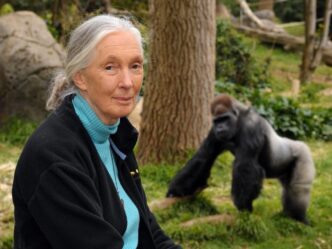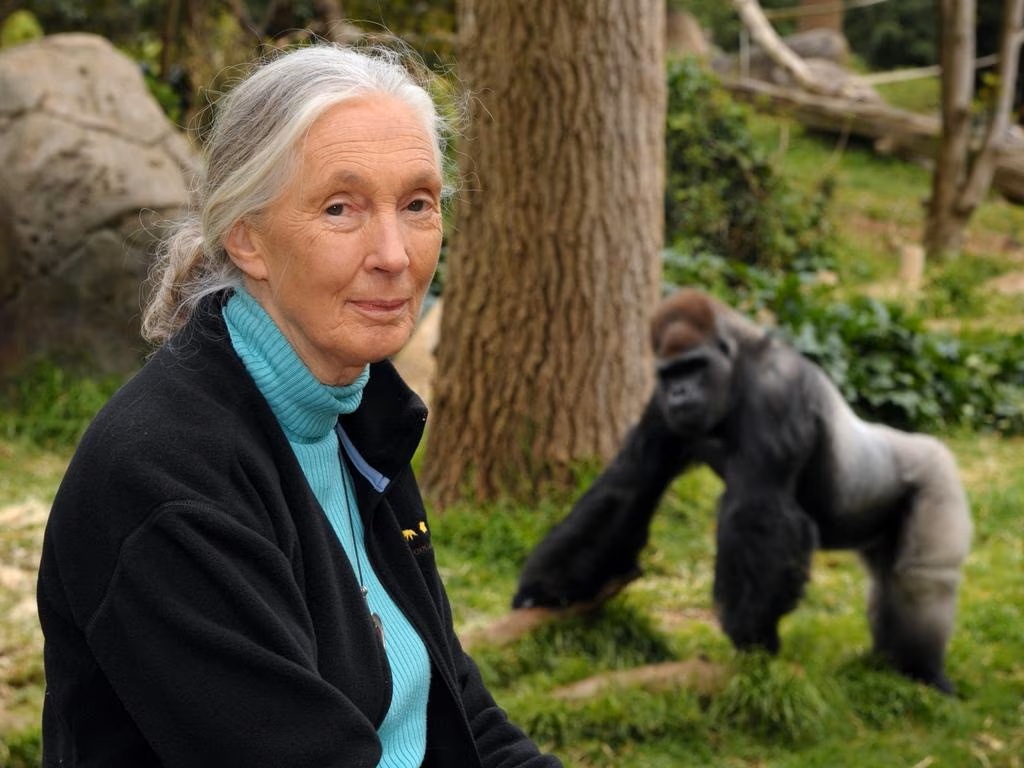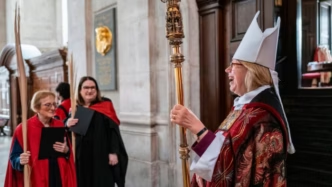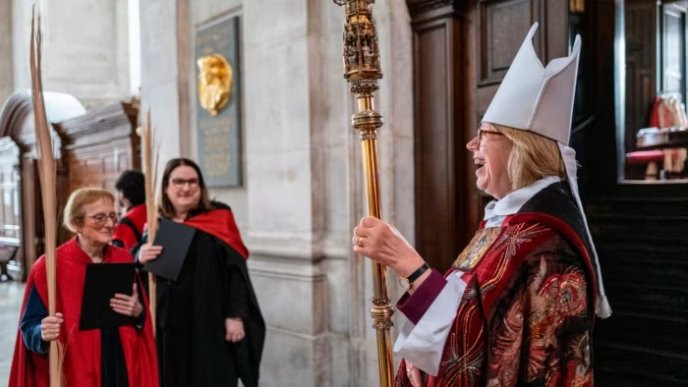British primatologist Jane Goodall, renowned for revolutionising the study of chimpanzees and championing wildlife conservation, has died at the age of 91, her institute announced on Wednesday. She passed away of natural causes in California while on a speaking tour of the United States.
Goodall’s groundbreaking research in Tanzania’s Gombe National Park transformed humanity’s understanding of chimpanzees. She was the first scientist to name individual apes, observe their tool use and emotional depth, and demonstrate their complex social behaviour — discoveries that challenged long-held scientific assumptions about the gap between humans and animals.
Born in London on April 3, 1934, Goodall’s fascination with animals began in childhood and led her to Africa in the late 1950s, where famed palaeontologist Louis Leakey sent her to study chimpanzees in the wild. Her observations of chimpanzees using tools made global headlines and earned her a PhD from Cambridge University — despite having no prior degree.
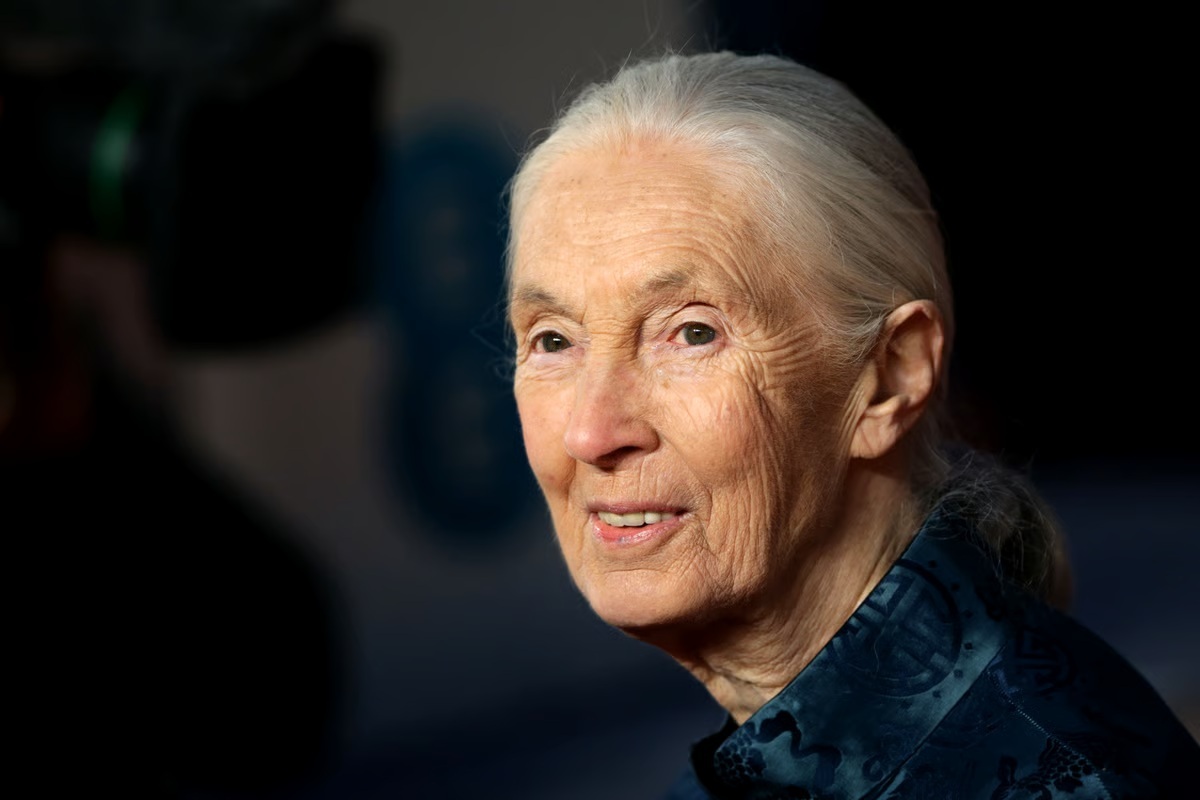
Over time, Goodall shifted from researcher to activist. Outraged by the threats facing chimpanzees — from habitat loss to poaching and use in medical experiments — she dedicated her life to conservation. In 1977, she founded the Jane Goodall Institute, and in 1991 launched the Roots & Shoots youth programme, now active in more than 60 countries.
Her achievements earned her global recognition, including being named a UN Messenger of Peace (2002), a Dame Commander of the Order of the British Empire (2004), and receiving the US Presidential Medal of Freedom (2025).
Goodall was married twice and had one son. Her pioneering spirit and lifelong dedication to nature inspired generations, with fellow naturalist David Attenborough saying she “turned the world of zoology upside down.”
She leaves behind a powerful legacy of scientific discovery and environmental advocacy that continues to shape global conservation efforts.


 Trending
Trending 
